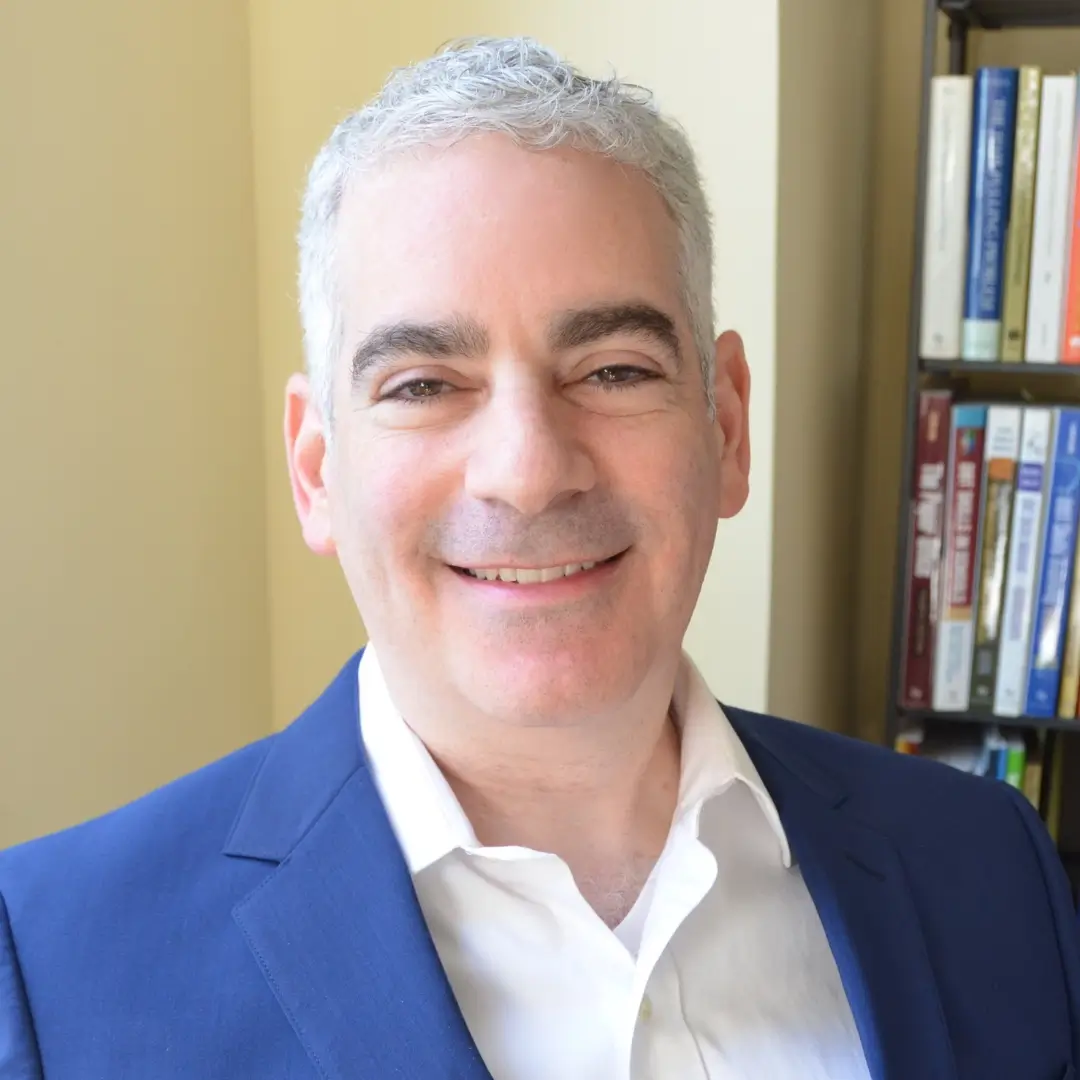Deciding to seek help is a big first step. From there, it’s important to find the right therapist. But with so many psychotherapy options in New York, how can you know what to look for?
Last updated: December 19, 2021
The best therapist for you has the appropriate training and expertise to treat the issues you want to work on.
When to seek therapy: It can be difficult to decide if and when psychotherapy would be helpful. A general guideline that we recommend is called the interference rule: if a problem is significantly interfering in your ability to live your life in the way you’d like, then psychotherapy may be helpful.
Finding a Therapist with the Right Expertise
Below are common reasons why people seek therapy and some things to consider while deciding if a specific therapist might be a fit for your needs.
Issues in a Romantic Relationship
If you’re struggling with a romantic relationship, it’s helpful to see a therapist who is qualified to offer couples therapy. Even if you’re not initially interested in couples therapy, it may be useful to have this option available down the road. Therapists with this type of expertise are comfortable helping their clients navigate difficult relationships, resolve conflict, and improve couples’ communication. This expertise helps them work effectively with people in relationships, not just couples.
Issues Related to Trauma or PTSD
For issues stemming from very difficult or even life-threatening experiences–like a car accident, an assault/rape, or a terrorist attack–you may want to find a cognitive behavioral therapy (CBT) therapist. In several clinical research trials, CBT that includes “prolonged exposure” or cognitive processing therapy has been shown to be especially effective in overcoming post-traumatic difficulties.
Issues Related to Depression
There are several types of psychotherapy that can be helpful in treating depression. Three of the most effective approaches are interpersonal therapy (IPT), cognitive behavioral therapy, and behavioral activation (BA). The nationwide listing from the Association for Behavioral and Cognitive Therapies is a fantastic resource and has several options in the New York City area. It offers information about qualified therapists who are competent in these areas.
Issues Related to Anxiety, Panic Attacks, or Phobias
Cognitive behavioral therapists are the best choice for those struggling with anxiety, panic attacks, or phobias. The Association for Cognitive and Behavioral Therapies makes finding a professional near you simple through its “Find a CBT Therapist” directory.

Issues Related to Perfectionism, Obsessions, Compulsions, Germophobia, etc.
For difficulties with perfectionism, obsessions, compulsively-repeated behaviors, “germophobia” or contamination fears, it is important to seek out a therapist with training in exposure and response prevention (ERP). ERP is a type of cognitive-behavioral therapy. The International OCD Foundation is a good resource for this and offers a nationwide therapist directory.
Issues Related to Overuse of Alcohol or Drugs
If you’re struggling with possible addiction issues, it’s not necessary to find a therapist with a personal history of addiction. Some people find this helpful, however; it’s up to you. Depending on the nature of the difficulty, one of the following types of therapy might be useful: motivational interviewing, behavior therapy, or dialectical behavior therapy. If your difficulties are more severe, seek out a therapist with significant experience helping those struggling with substance use.
Issues Related to Disordered Eating
For people who have concerns about their eating habits, one good place to start would be to contact an eating disorder treatment center. This advice applies to those experiencing problems such as anorexia, bulimia, binge eating, or an unhealthy preoccupation with “healthful” eating (known as “orthorexia”). Even if it’s not near your geographical location, consider contacting places with multiple locations like the Renfrew Center. They can refer you to a local provider with the relevant expertise you’re seeking.
Picking a Therapist with the Right Training
There are many types of therapists and the various letters after their names can be confusing. The type of training that the therapist receives influences how they approach therapy. Also, be aware that some types of therapists receive significantly more training in therapy than others.
There are no hard and fast rules regarding which degree creates the most effective therapists. Picking the therapist with the right training for you is the most important piece of this puzzle.
Masters-Level Counselors
Masters-level therapists have typically received a master’s degree in counseling, which usually takes about two years to complete. These include:
- Licensed Mental Health Counselors (LMHCs),
- Licensed Creative Art Therapists (LCATs) and
- Marriage and Family Therapists (MFTs).
Social Workers
Social workers have completed about two years of graduate training to attain their degrees. Licensed Clinical Social Workers (LCSWs) have also completed at least three years of clinical training after getting their Master’s in Social Work (MSW). This is not true for Licensed Master Social Workers (LMSWs).
Psychiatrists
Psychiatrists are medical doctors (MDs). They can prescribe medication, which may or may not be necessary for you. Typically, psychiatrists have completed four years of medical school and a 3-4 year residency in psychiatry. Some psychiatrists only provide medication management with periodic meetings that can vary in frequency. Other psychiatrists also provide weekly therapy (although this is less common).
Nurse Practitioners
Nurse practitioners (NPs) and advance practice nurse practitioners (APRNs) also prescribe medications. Psychiatric nurse practitioners have the expertise to prescribe mental health medications. They sometimes offer psychotherapy as well. Nurse practitioners go through a rigorous training program. It typically includes a masters degree and one to two years of training beyond being a registered nurse (RN). They sometimes, but not always, will hold a Ph.D. or DNP (doctor of nurse practice) degree.
Psychologists
Psychologists (PsyDs and PhDs) typically complete a doctoral training of 5-7 years. In the state of New York, psychologists must also complete one additional year of training before becoming licensed. Psychologists may be the most likely to have extensive training in a specialized therapy for a specific problem or disorder.
The Match
When picking a therapist, it’s important that you feel that you and the therapist are well matched.
Research on psychotherapy has consistently shown that your relationship with your therapist is important. The more you feel that you two are on the same page, the more effective the therapy will be. It is important that your therapist understands what you want to get from therapy and that you both agree on how to accomplish those goals.
If you leave your first therapy session with serious concerns about your compatibility, consider trying out another therapist. Despite the additional time and money that will be involved, finding the right therapist will be well worth it! With the diversity of psychotherapy options in New York and the ease of telehealth options, you can find a therapy solution that works for you.
Subscribe to the Manhattan Center for Cognitive-Behavioral Therapy blog!









